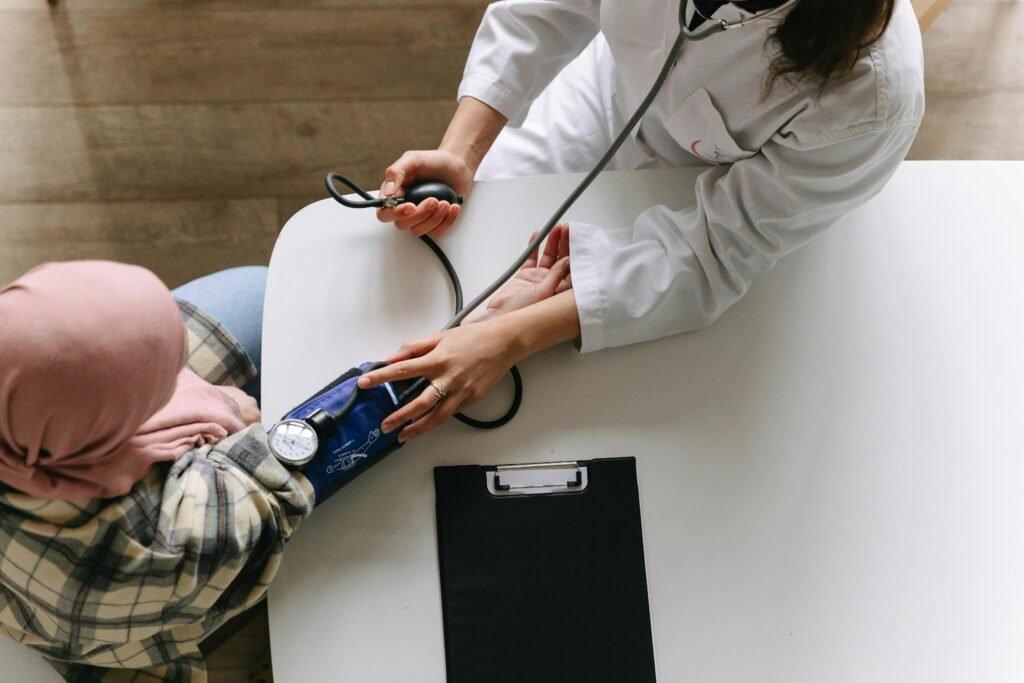by Caleb Tiam–Lee
Claiming millions of lives every year, breast cancer remains the most prevalent cancer in the Philippines. Mainly affecting women, data from the Department of Health and Philippine Statistics Authority show that 3 in every 100 will be diagnosed with breast cancer in the country, the highest in over 190 countries surveyed.
Kara Magsanoc-Alikpala, a broadcaster, documentary filmmaker, and impact producer based in the Philippines, is one of the thousands of patients affected by breast cancer. Seeing the lack of awareness campaigns on breast cancer, she, along with some breast cancer survivors, initially wanted to give aid and support to those suffering from the illness.
“Before we established the ICanServe Foundation, we were just a band of sisters. I and four other breast cancer survivors, Crisann Celdran, Bet Lazatin, and the late Becky Fuentes, would hang out a lot and entertain newly diagnosed breast cancer patients on the phone or in person,” shares Magsanoc-Alikpala. “We would visit cancer patients in public hospitals to give counsel and fundraise for those who needed assistance.”
Starting off small, with no intention of creating an organization, their small circle gradually grew as they encountered common questions and issues, leading them to publish the first breast cancer resource guidebook and formally establish the foundation.
Awareness Campaigns & Strategies
Nikoy De Guzman, President, Kara Magsanoc-Alikpala, Founding President, Crisann Celdran, Chairman of the Board, ICanServe Foundation | Photo by ICanServe Foundation
In an interview, Magsanoc-Alikpala explained the strategies and campaigns that the organization conducts to screen potential patients of breast cancer.
“Our messaging on early detection is always simple, direct, and friendly. We don’t use scare tactics. We consult with volunteer ad agencies to craft our messages. We make breast cancer a gut issue, so people take [notice],” says Magsanoc-Alikpala. “If they don’t have that assurance and confidence in their local government, and had no access to forums and information telling them breast cancer is not a death sentence, they will hold on to old beliefs that breast cancer is a death sentence, that it is contagious.”
“We need the help of the government to provide financing and aggressive health literacy campaigns to erase the fear of patients that cancer is a death sentence and that the price of check-ups and cancer care is unaffordable.”
Utilizing informational campaigns and other programs, face-to-face and online materials are provided that help medical personnel to conduct early detection screenings and ensure infrastructure is in place for immediate testing and diagnosis.
“We also have videos on our YouTube channel like a tutorial on breast self-exam, [as well as] myths and facts [about breast cancer], with most of our conference sessions eventually posted online,” Magsanoc-Alikpala said.
Breast cancer screening and diagnosis are crucial for early detection, significantly improving treatment outcomes and survival rates. Early detection through regular screenings, such as mammograms, can identify cancer at an earlier, more treatable stage before symptoms become apparent.
Prompt diagnosis allows for timely intervention, increasing the chances of successful treatment and reducing the likelihood of cancer progression.
Ating Dibdibin Program
At its core, ICANServe aims to promote early detection and give proper access and management strategies for those undergoing breast cancer through its ‘Ating Dibdibin’ Program.
“The program services the entire continuum of cancer care from prevention, early detection, diagnosis, treatment, survivorship and supportive care and patient navigation. The program is enshrined in a local law or ordinance so the program becomes permanent and assured of funding,” Magsanoc-Alikpala elaborates.
Collaborating with various local government units, the foundation is able to provide necessary training and information materials to city health workers, officials, and patients, giving them knowledge and proper guidance on the signs and symptoms to watch out for in breast cancer.
“We encourage the City Health Office personnel of a local government unit that we train to screen women even before breast cancer lumps are palpable or before symptoms are visible. And when there is a suspicious breast abnormality, we make sure the city has set up its infrastructure so a patient can be sent for testing immediately and get a diagnosis within a prescribed time frame so treatment can begin if indeed the patient is diagnosed with breast cancer.”
Addressing Issues
Alarmingly, around 78% of breast cancer cases in the country are diagnosed at an advanced stage, according to the Philippine Cancer Society. This late diagnosis significantly hampers the chances of effective treatment and recovery.
This, along with the rising rates of cancer in the country prompts ICANServe to expand its reach to local government units, to kickstart early detection measures and initiatives for potential patients.
“We really believe in the capability and commitment of cities or local government units that’s why we partner with them. The cities are the ones with oversight of the City Health Office,” Magsanoc-Alikpala explained.
Beyond initiatives and collaborations with local governments, collaborating with physicians through the 2024 Philippine National Cancer Summit in partnership with the Philippine Cancer Society and Cancer Coalition Philippines (CCPh), of which ICanServe is a founding member. Through its theme “Advancing Integrated Cancer Care Systems for the Filipino,” it aims to bring together different stakeholders in attempting to transform cancer management in the country.
ICanServe at the Southeast Asian Breast Cancer Symposium 2022 | Photo by ICanServe Foundation
ICanServe constantly partners with government and the private sector to build regional and international alliances for patient-centered policy at the local, national, and regional level. In 2022, it hosted the Southeast Asian Breast Cancer Forum.
On the legal side, the foundation supported and lobbied for the passage of Republic Act 11215, the National Integrated Cancer Control Act (NICCA), into law, which aims to provide equitable, accessible, and affordable cancer care in the Philippines, emphasizing the importance of vigilance and unity in the fight against cancer.
“We stay committed to ensure it becomes fully implemented and fully funded,” says Magsanoc-Alikpala when speaking on the law.
Beyond Medical Interventions
ICanServe is also a champion of survivorship and supportive care. These are the medical and non-medical issues that come about because of the side effects of cancer treatment, the cancer diagnosis itself, and other issues on follow-up care.
“We also want people to know breast cancer is not only a health issue, it’s an economic, cultural, social, human rights issue so it involves a whole of society approach. We want more women to take charge of their health especially because they are the light and fuel of Filipino families.”
Silver Linings Event of ICANServe | Photo by ICanServe Foundation
Mental or emotional distress affects one in three individuals diagnosed with cancer, with breast cancer patients experiencing it most frequently at 42%. More than just medical interventions, support from fellow survivors through Silver Linings, the biggest homecoming and gathering of breast cancer survivors. With over 1000 attendees across Manila, Cebu, and Davao.
“We have adopted the World Health Organization’s targets and pillars called the Global Breast Cancer Initiative (GBCI) guidelines which they released in 2022.”
In short, the goal is for countries to achieve early detection of breast cancer in 60% of cases at stages 1 and 2, ensure prompt diagnosis within 60 days of discovering an abnormality, and prevent 80% of patients from abandoning treatment. These targets aim to significantly reduce the global mortality rate from breast cancer by 2.5% annually, potentially saving 2.5 million lives by 2040. Achieving these objectives requires concerted global efforts to improve screening, diagnosis, and treatment adherence.
Achieving health equity in breast cancer care requires addressing disparities in access to early detection and treatment, ensuring all individuals have equal opportunities for effective healthcare. It necessitates comprehensive efforts to overcome barriers and promote inclusive policies that prioritize the well-being of every patient.


